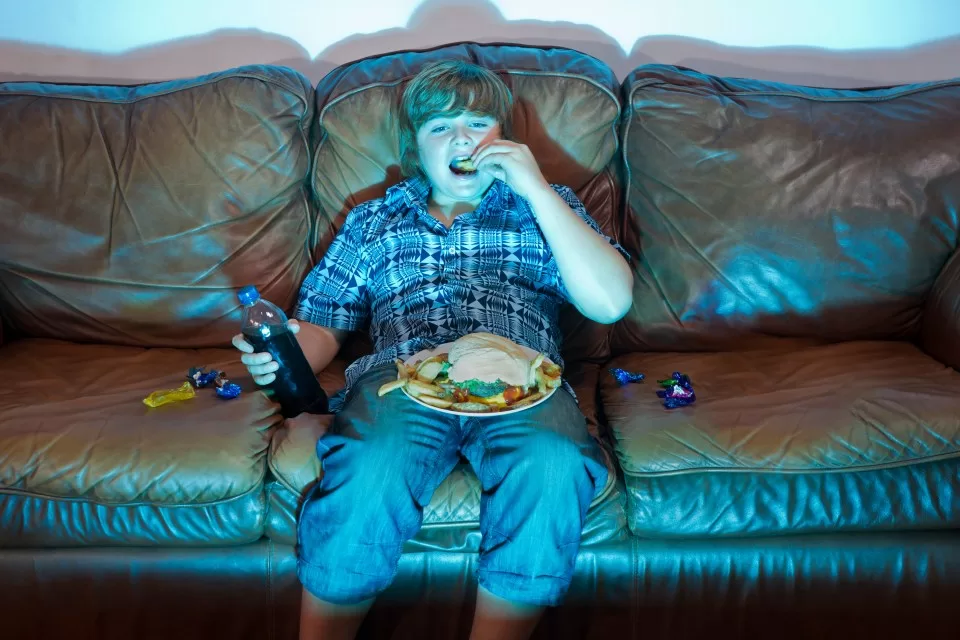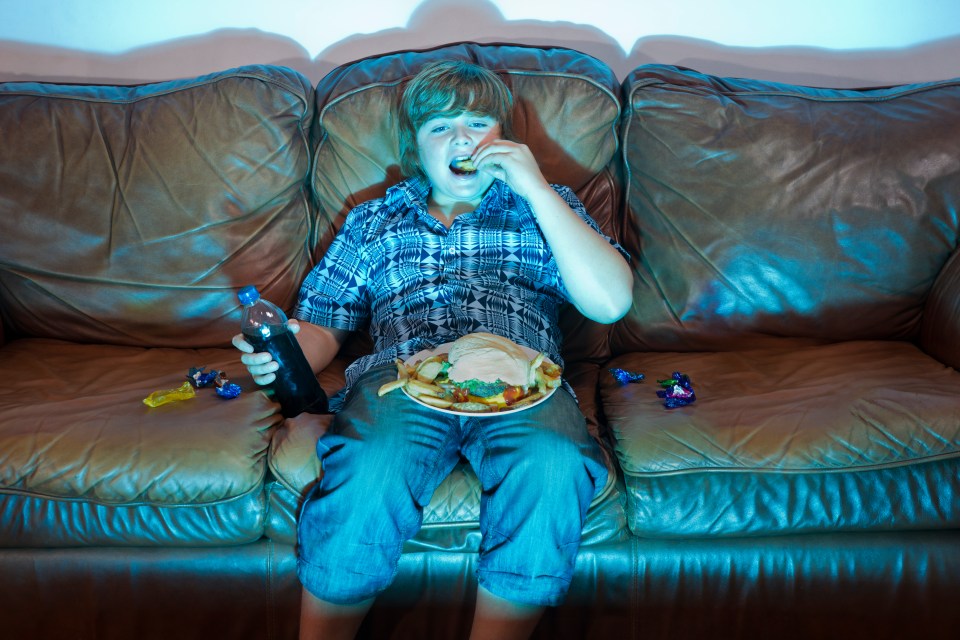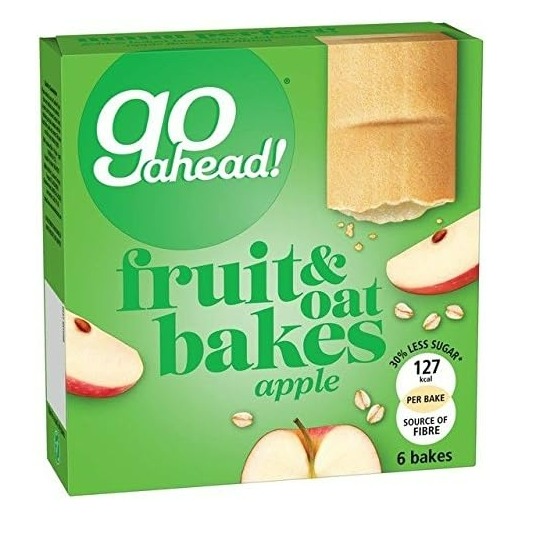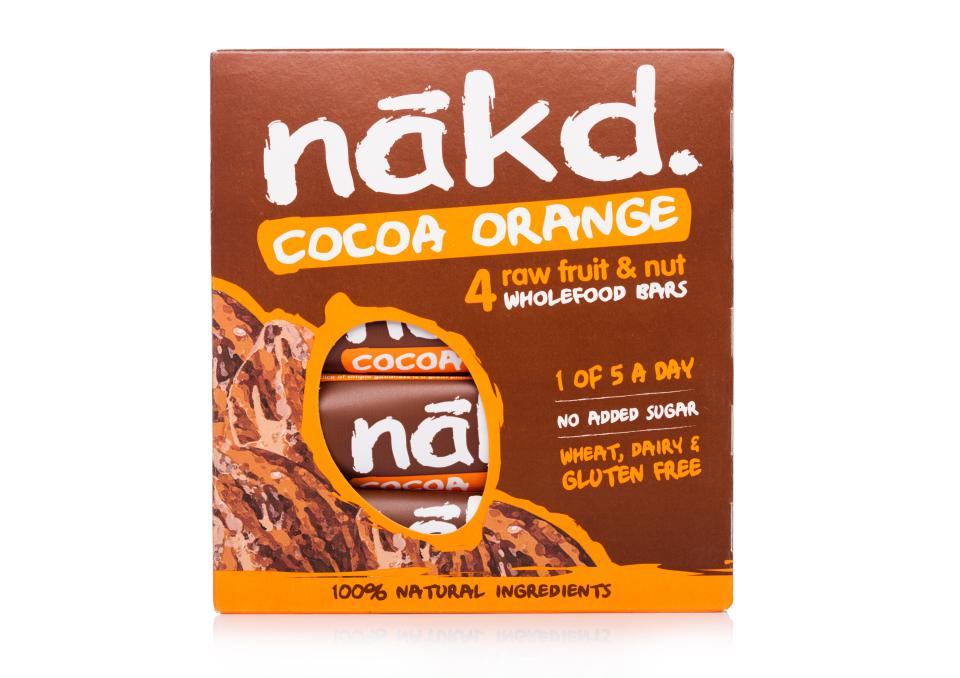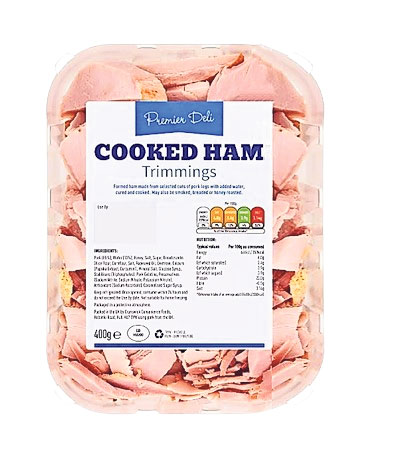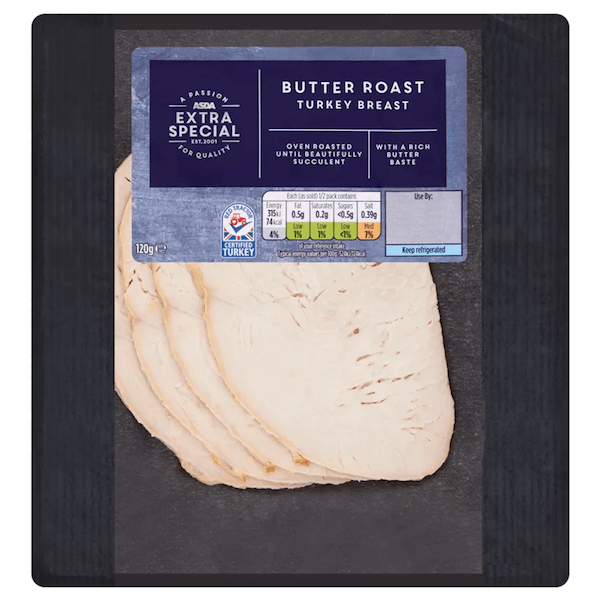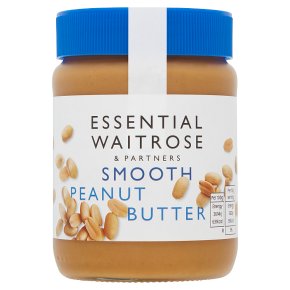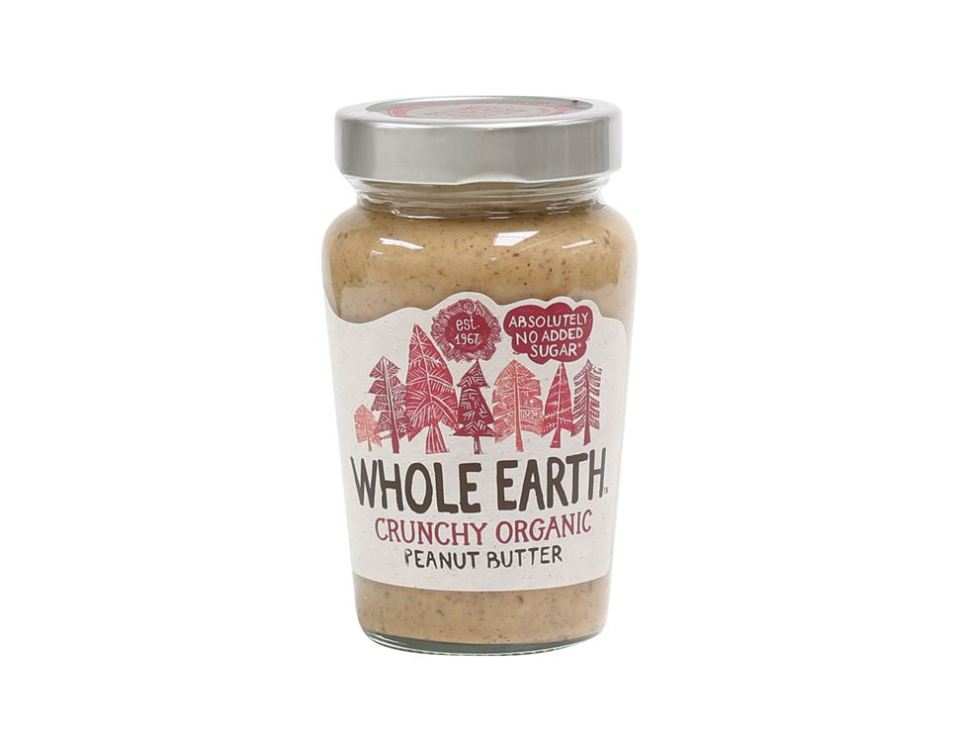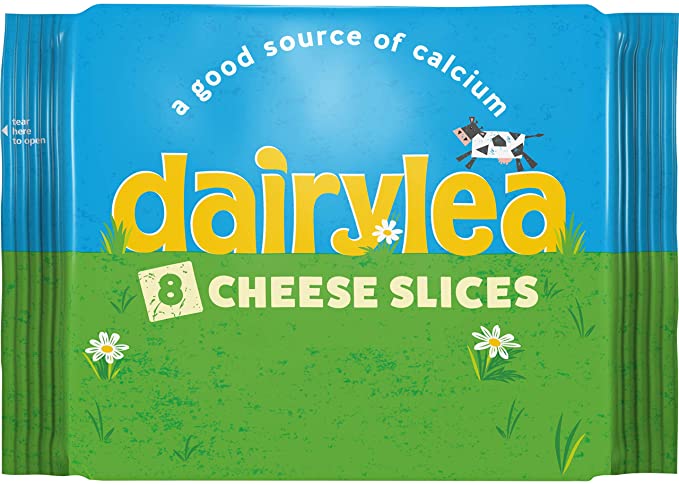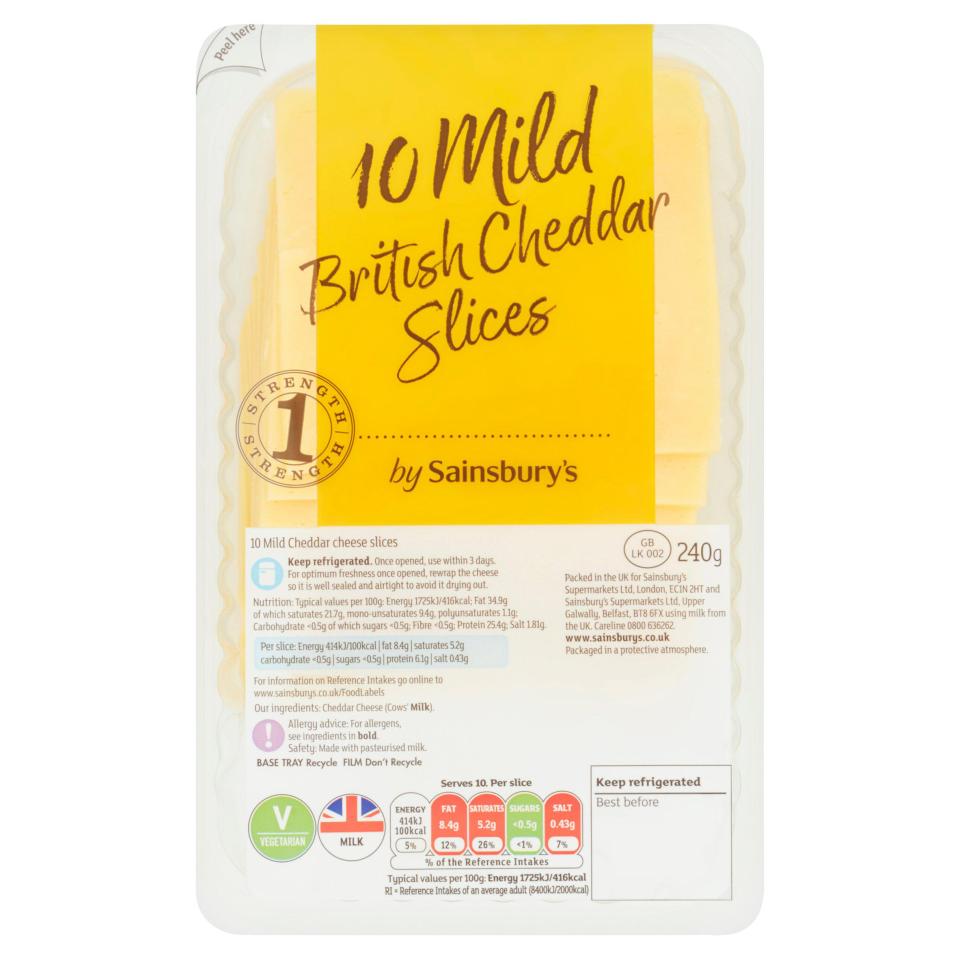JUNK food firms are dodging the Government’s ban on advertising by targeting kids on gaming sites and social media, The Sun on Sunday can reveal.
Ultra-processed foods, often manufactured and containing many ingredients including salt, fat and sugar, have been linked to a ten-fold rise in people with Type 2 diabetes.
In the UK, more than half of the average diet now consists of processed foods and for some — especially those who are younger, poorer or from disadvantaged areas — it can be as much as 80 per cent.
Labour pledged to introduce the plan next year to ban junk food adverts promoting products high in fat, salt and sugar (HFSS foods), before 9pm on TV and in all paid-for online adverts.
It was drawn up by the last Conservative government to tackle a deadly obesity crisis costing £268BILLION a year — around £7,000 per taxpayer.
But experts believe firms will turbocharge advertising on radio and podcast platforms not covered by the ban.
Non-paid-for marketing on the brands’ own websites and organic social content will also be allowed.
Five food firms — Mars, Haribo, PepsiCo, Kellogg’s and Mondelez which owns Cadbury — currently advertise the most on TV.
According to a recent survey, they make up 80 per cent of all ads for confectionery and snacks shown on UK TV before the 9pm viewing watershed.
But today our investigation can reveal how some of the biggest firms are using creative ways to find loopholes, switch and bombard youngsters with adverts via social media and gaming sites to beat the online ban too.
Creative director and marketing expert Calvin Innes, of JvM Nerd London, a media agency for gaming, told The Sun on Sunday: “Many gamers and younger consumers spend time on platforms like YouTube and TikTok where TV bans won’t apply, and major companies are already shifting to social media, gaming and in-app advertising.
“The ban will only increase the speed of migration.”
Research by Liverpool University reveals 49 per cent of all UPF ads on 76 UK TV channels were broadcast between 5.30am and 9pm.
Haribo accounted for the most, followed by Mars with ads for items such as Snickers and M&Ms.
The study found food manufacturers in the UK spent more than £55million in 2022 on online adverts for food and drink products from four food categories associated with children’s excess sugar and calorie intake — chocolate, crisps, biscuits and ice cream.
The study also found that users of the biggest gaming platform, Twitch, where two thirds of users are under 35, are being bombarded with junk food marketing for 52 minutes every hour.
In many cases, rather than being overt adverts, they see a product or logo on the screen for a long time, or looping images. Nutritionist and author Robert Hobson warns we are “facing a ticking time bomb”.
He said: “Teenagers are being targeted by the food industry through aggressive marketing and cheap food deals.
UPFs are designed to be addictive, combining salt, sugar and fats to override our natural hunger signals and keep us coming back for more.
‘Catastrophic burden’
“The issue with UPFs goes beyond additives — they’re also low in nutrients, easy to overeat but not very satisfying. Consuming large quantities at a young age could be setting the stage for chronic disease in later life.
“Unless we address it now, the long-term health burden could be catastrophic. Big food companies are profiting from a system that places marketing above health.”
Even simple products such as sliced ham, cheese for kids’ sandwiches, bread, breakfast cereals and yoghurts can be classed as UPFs.
Robert said: “These foods are engineered to make us crave them.
“Kids with their weaker impulse control are going to be particularly susceptible to UPFs. They are influenced by their peers and many UPFs become ‘trendy’ foods.”
UK families buy more ultra- processed food than any others in Europe.
Germany — the home of Haribo sweets — comes second. The confectioner keeps its earnings under lock and key, but Forbes has estimated its revenues exceed £2.4billion.
Last year Haribo announced of their 2023 UK earnings a “24 per cent increase in turnover”.
Dr David Unwin, based in Southport, Merseyside, told The Sun on Sunday: “Unless we do something, the NHS will never be able to cope. In my practice alone we’ve seen an astonishing ten-fold rise in Type 2 diabetes.
Children are receiving numerous messages designed to trigger desire for compulsively consumed food items
Dr Barry Smith
“I am convinced it has been increased by a dramatic rise in poor-quality takeaway meals and the runaway consumption of junk food.”
The Government’s plan comes after UPFs were directly linked to 32 harmful effects on health, including a higher risk of heart disease, cancer and Type 2 diabetes, as well as mental health problems and early death.
The new rules mean a ban on branded online ads but experts say food giants are instead paying for promotional tie-ins with social media influencers and YouTube creators to plug their products.
They are also focusing on placing content on gaming and live-streaming platforms used by millions of Brits, which won’t be covered by the ban. Experts also warn firms will pay for product placement in our favourite TV shows.
As the ban only applies in the UK, firms are likely to target overseas media platforms that we view.
Dr Barry Smith, who has spent nearly a decade working with the biggest junk food brands in the world, said: “We are already seeing well-targeted food advertising on gaming platforms and even on the back of bus tickets.
“Children are receiving numerous messages designed to trigger desire for compulsively consumed food items.”
The key ways to avoid UPFs are cooking from scratch and reading labels to see what is in our food.
Legal uncertainty
But Robert says: “In the cost-of-living crisis, UPFs are often the more affordable option. This disparity keeps families locked into unhealthy eating patterns. Cheaper nutritious staples require time, motivation, cooking skills, nutrition literacy and cooking equipment.”
Yet Matt Charlton, CEO of creative agency Brothers & Sisters, thinks the only solution is less UPF production. He said: “The Government vastly overestimates the power of advertising.
“Unless you are going to stop children walking past and going into shops that sell junk food, you aren’t making a difference.”
Lawyer Katrina Anderson, from law firm Mills & Reeve, says it is unclear exactly how the new ban would work, adding: “There is still some legal uncertainty . . . because we are awaiting secondary legislation and guidance.
“It will clarify some important points such as the scope of paid-for online advertising and the categories of food caught by the ban.”
A spokesman for trade body the Food & Drink Federation said: “Food and drink manufacturers take the issue of obesity and poor diets really seriously.
“Our industry adheres to all advertising rules and is preparing for further regulations that come into effect in October 2025.”
A spokesman for Kellanova, which owns Pringles and Kellogg’s said: “We are fully committed to the responsible marketing of our foods across all platforms. We will adhere to the new advertising regulations for HFSS foods.”
Swap these for these
SWAP THIS: Go Ahead Fruit And Oat Bakes (6 x 35g, £1.75, Ocado). Appears healthy but it is a UPF as it contains glucose-fructose corn syrup, modified starch and gelling agents, to name a few.
FOR THIS: Nakd Cocoa Orange Bars (4 x 35g, £3, Tesco). Made with dates, cashews, raisins and cocoa, this comes without added sugars or preservatives.
SWAP THIS: Premier Deli Cooked Ham Trimmings (400g, £2.75, Tesco). Contains many ingredients, including four types of sugar and various additives. High in salt.
FOR THIS: Asda Extra Special Roast Turkey Breast (4 slices, £2.95). Much less processed, containing just four ingredients that are mostly found in home cooking and no preservatives.
SWAP THIS: Essential Smooth Peanut Butter (340g, £1.80, Waitrose). Includes palm oil, which is linked to increased bad LDL cholesterol, and cane sugar.
FOR THIS: Whole Earth Organic Crunchy Peanut Butter (227g, £2.75, Sainsbury’s) Minimally processed, made from 100 per cent roasted organic nuts, with no added oils or sugars.
SWAP THIS: Dairylea Cheese Slices (8 x 20.5g slices, £1.45, Sainsbury’s). Contains 15 ingredients, including several emulsifiers, despite the green and amber ratings for nutrition on the front of the pack.
FOR THIS: Sainsbury’s Mild Cheddar Cheese Slices (10 slices, 240g, £2.70). Made purely from cow’s milk.
